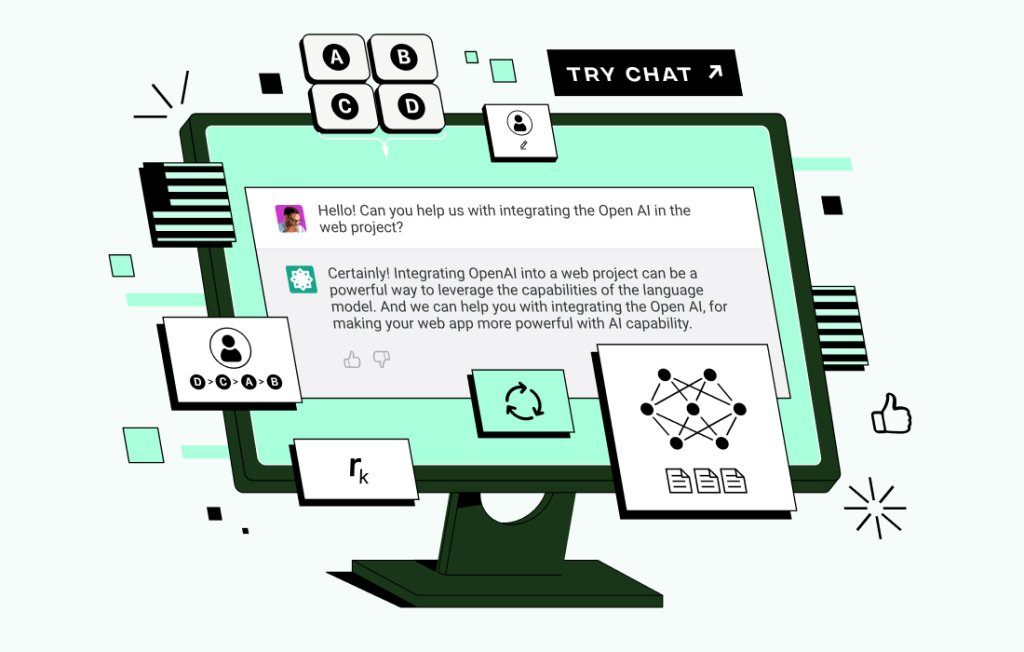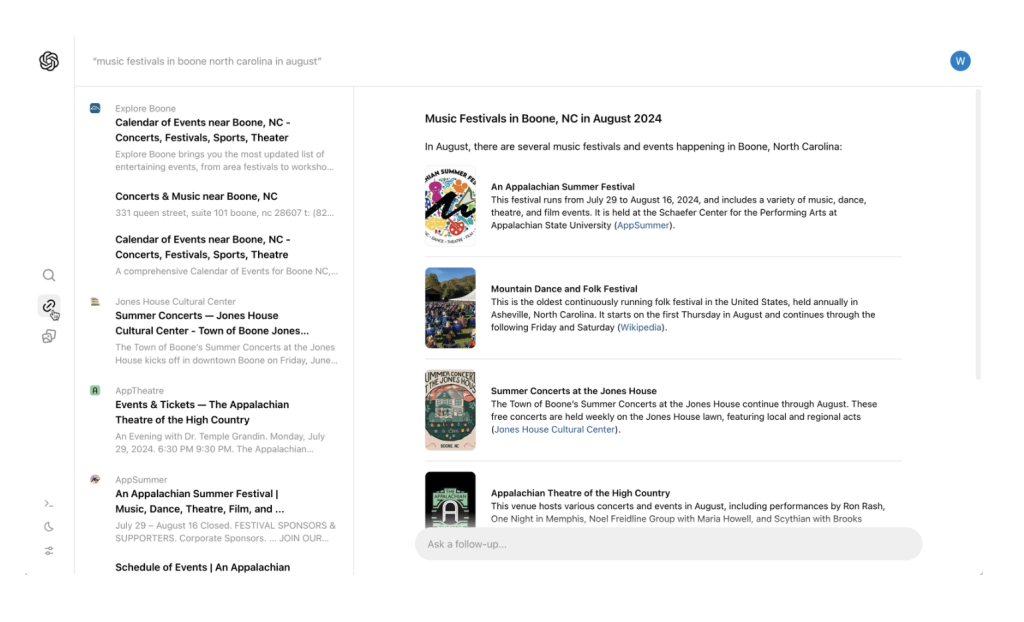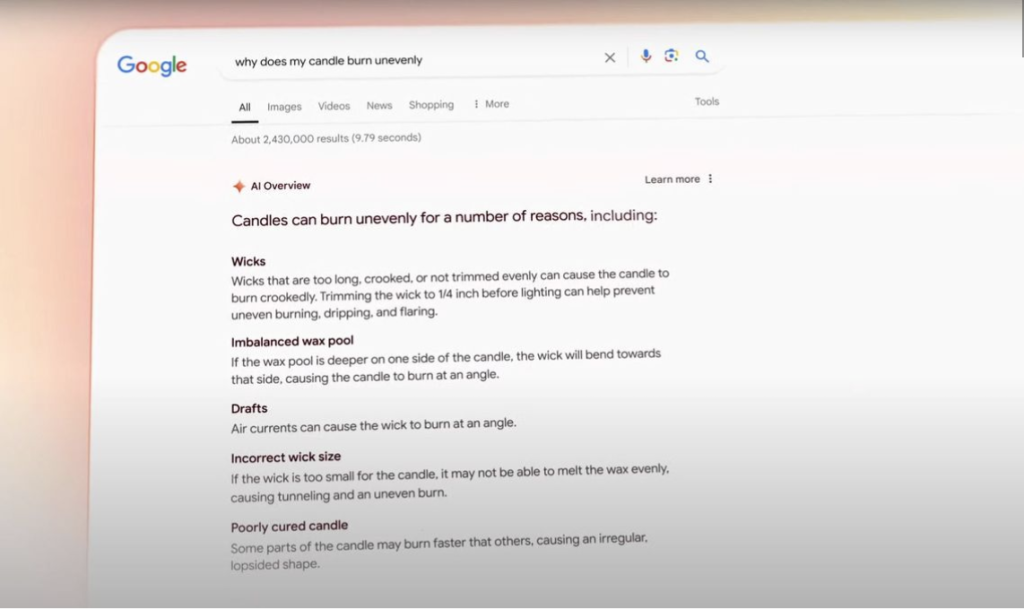
OpenAI introduced SearchGPT, a new AI experiment powered by GPT-4o. This search tool uses real-time web information to quickly provide clear and relevant answers to search queries.
Google can relax for now. SearchGPT is a temporary prototype created by OpenAI to study user interactions. The goal is to identify the tool’s best features and incorporate them into the expanding capabilities of its popular ChatGPT LLM (Large Language Model).
Those interested in trying the AI-powered Google Search alternative can join the waitlist at OpenAI.com.
SearchGPT: AI-Powered Web Search Challenges Google
A post on the OpenAI website introduces SearchGPT, showcasing its capabilities as an alternative to Google for web searches.
OpenAI acknowledges the frustrations of quickly finding crucial information online, often requiring multiple attempts at a query.
To alleviate these frustrations, SearchGPT offers a conversational approach to finding information. OpenAI’s natural language-focused method enables an “Ask and refine” approach for online searches.

Image credit : OpenAi
This method allows users to ask an initial question to SearchGPT and then refine their results with follow-up queries for more specific insights.
This creates a search engine that provides precise answers without the need to click through multiple pages of results to find the desired information.
Though not mentioned in the announcement, SearchGPT will probably use Microsoft Bing for its real-time search results.
Bing has been ChatGPT’s default search engine since May 2023, as part of a successful collaboration with Microsoft, which uses OpenAI’s technology in services like Microsoft Copilot and Microsoft Designer‘s image generation features.
Avoiding Past Mistakes
As OpenAI begins limited testing of its SearchGPT tool, it aims to avoid the challenges Google faced with integrating AI into search results.
Earlier this year, Google introduced its Search Generative Experience (SGE), which provided AI-generated summaries and overviews for search results. Unlike OpenAI’s fully AI-filtered results, Google’s approach was a hybrid: AI summaries appeared at the top of pages, with traditional search results listed below.

Image credits : Google
Unfortunately for Google, its new search experience encountered problems, as the Google Search Engine started providing numerous inaccuracies. Its Gemini AI recommended adding rocks and glue to recipes and using dangerous chemical combinations for cleaning washing machines.
Fortunately for OpenAI, ChatGPT has been offering limited web searches and summaries for a while, providing ChatGPT Plus subscribers with real-time information from the web via Bing. So far, this feature has avoided major errors, but it remains to be seen how SearchGPT will handle more extensive internet searches.